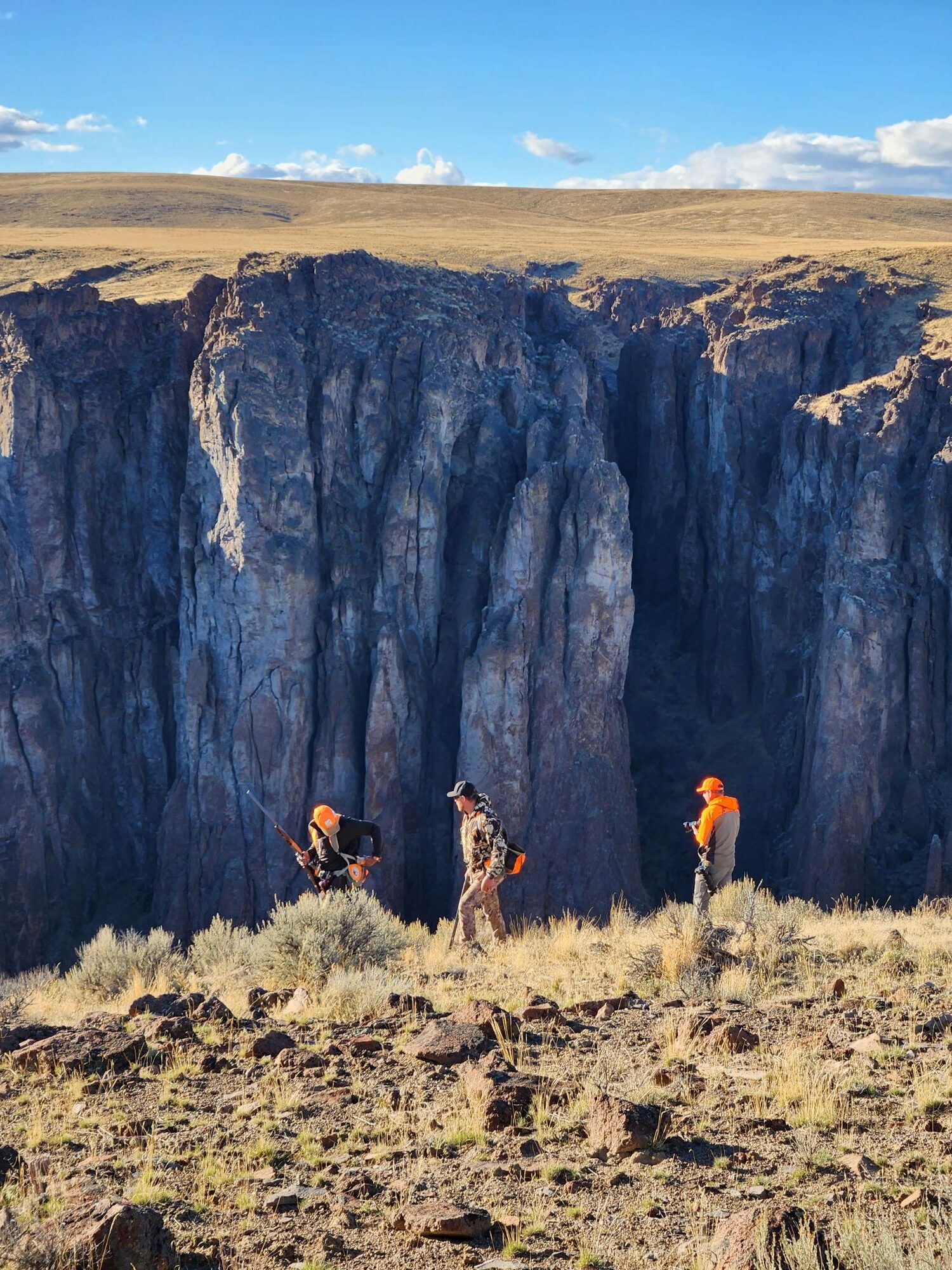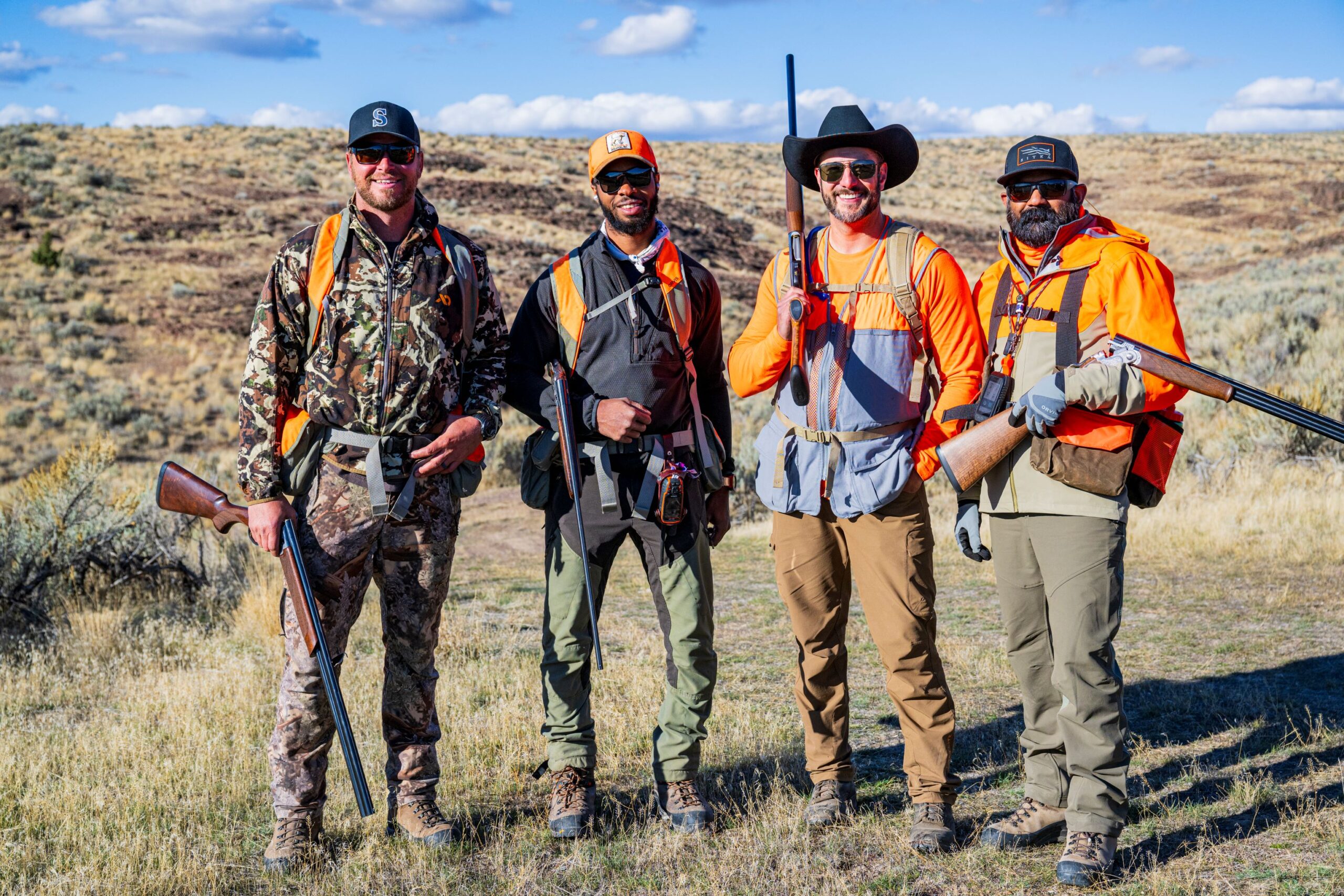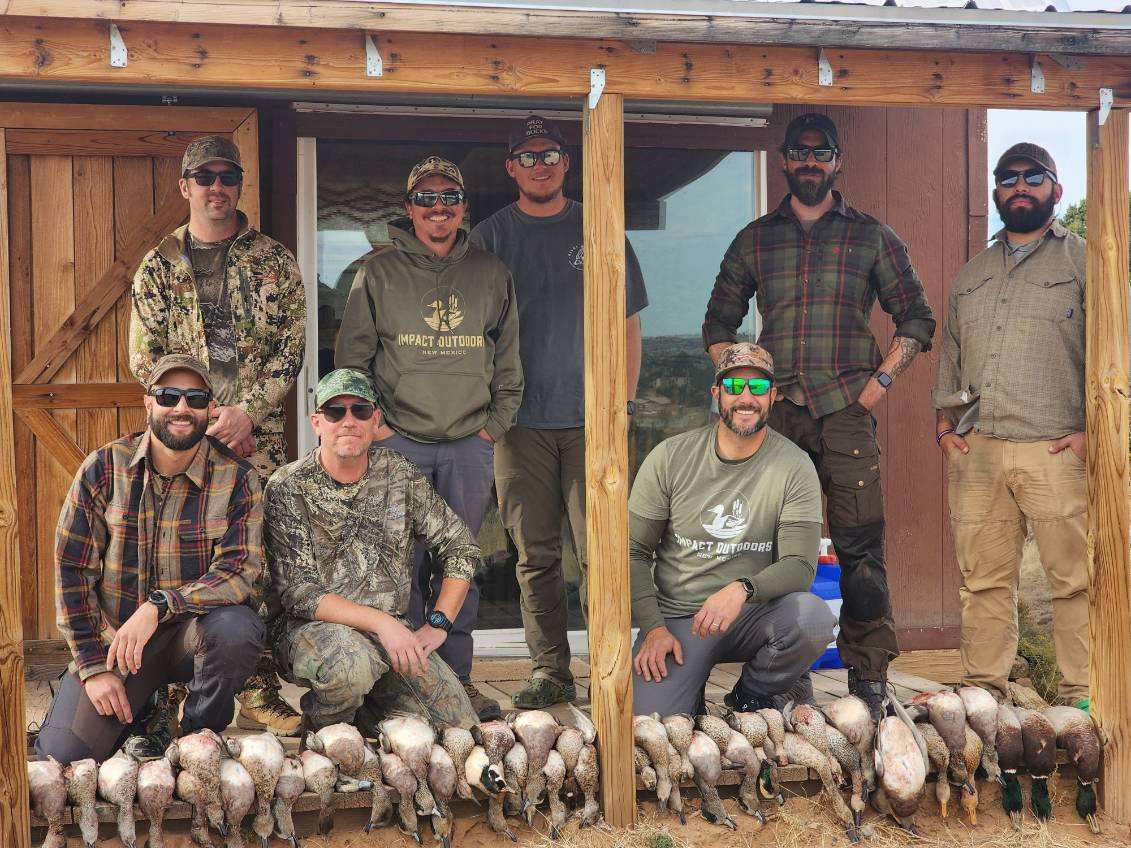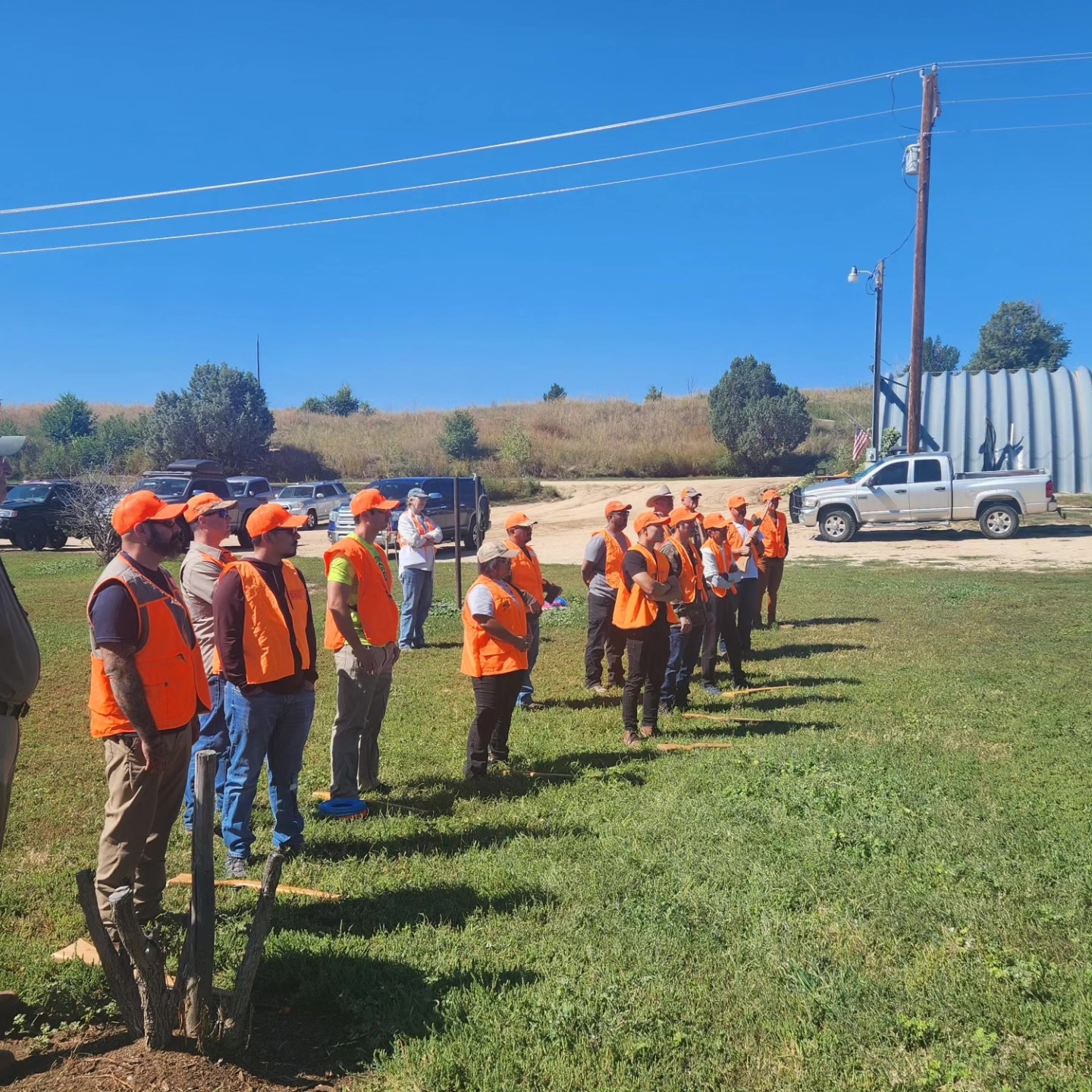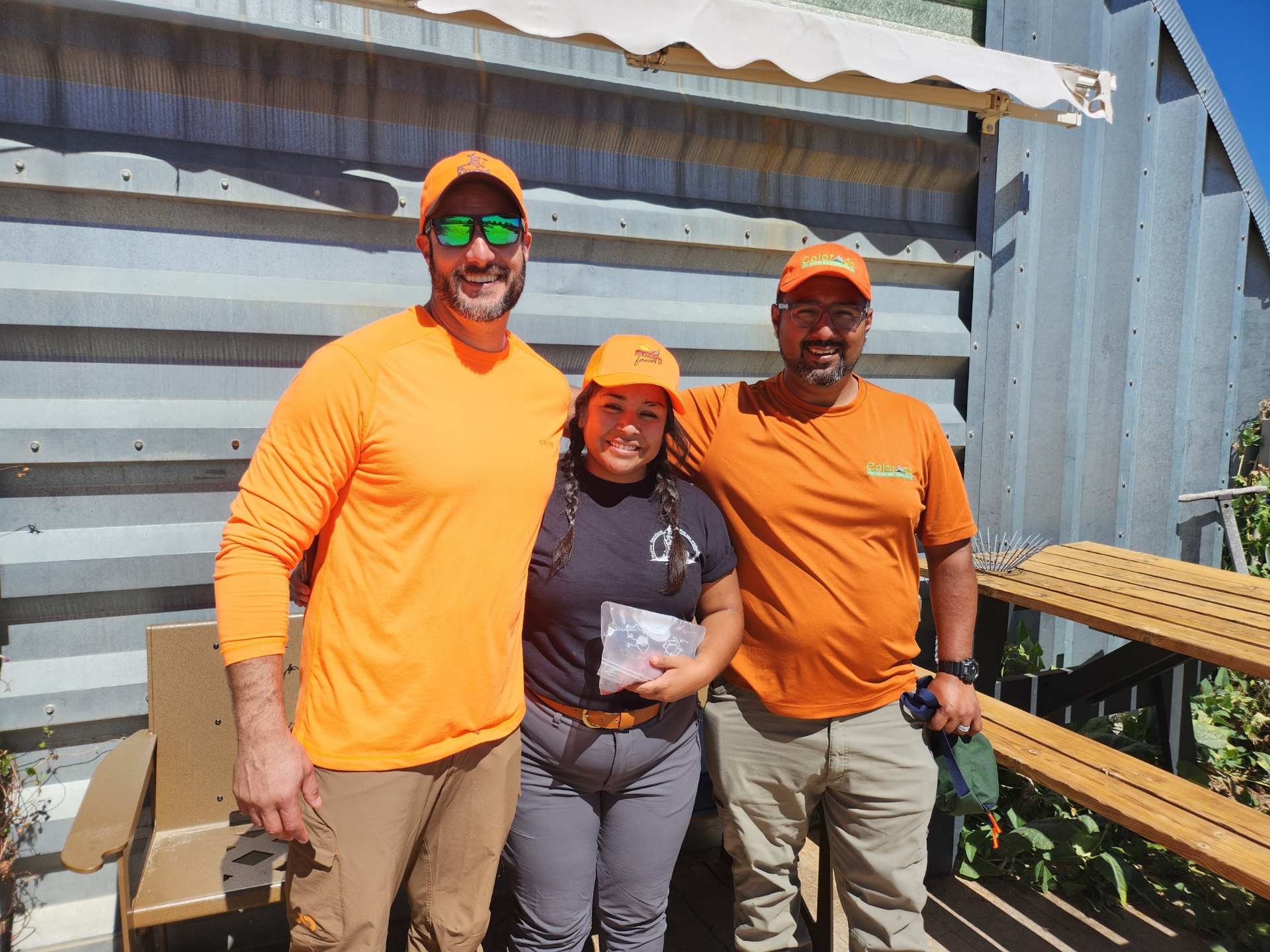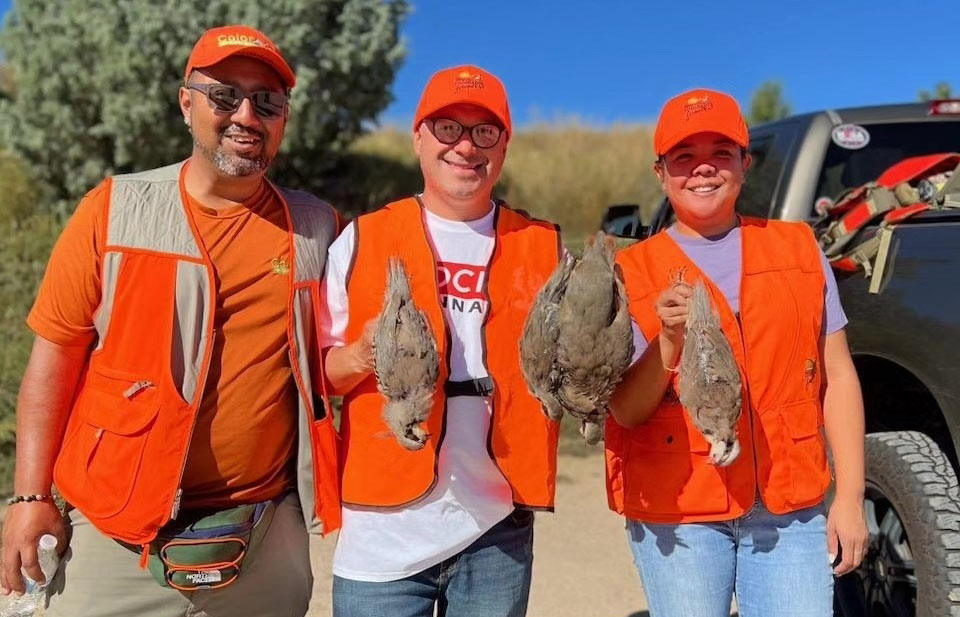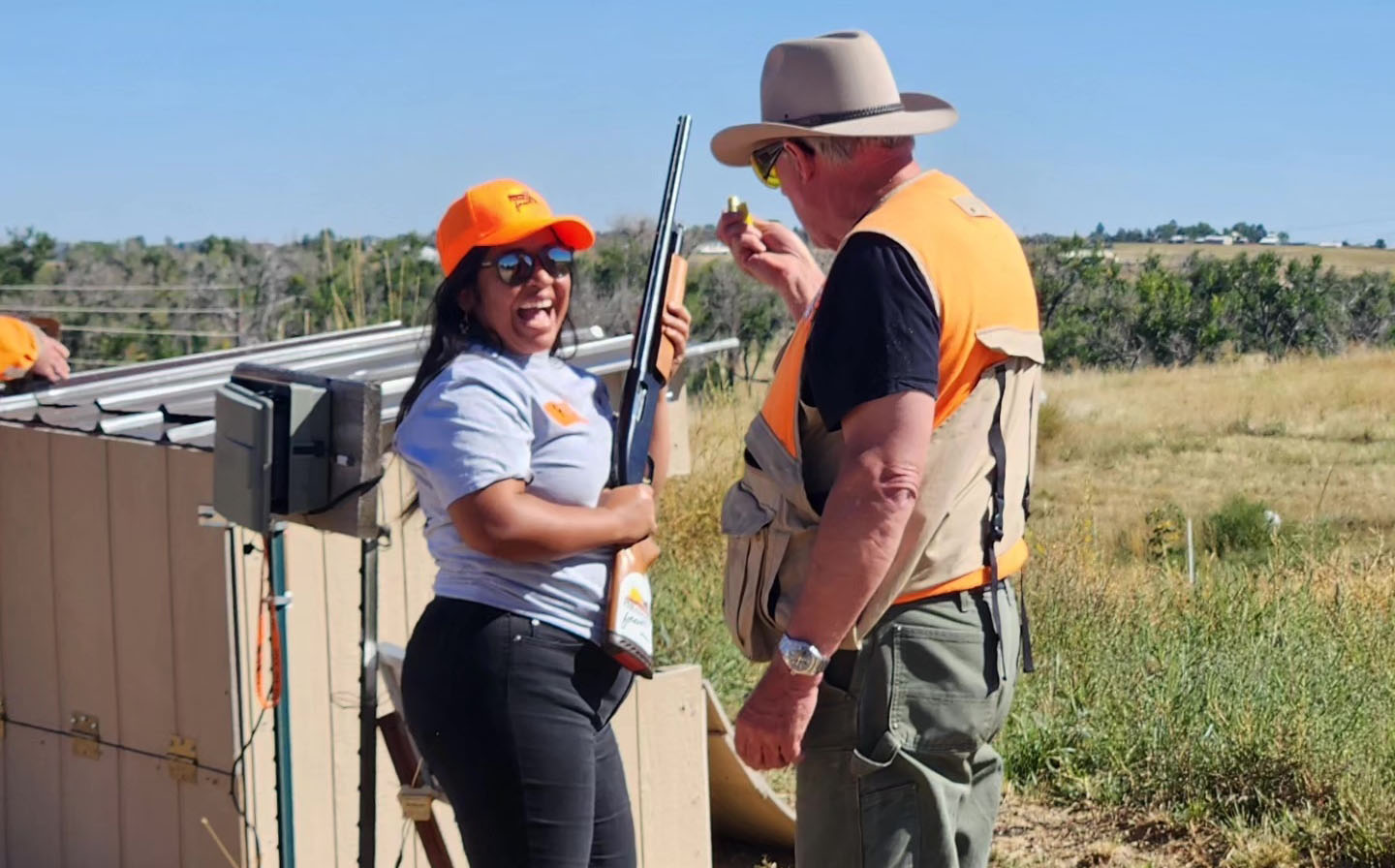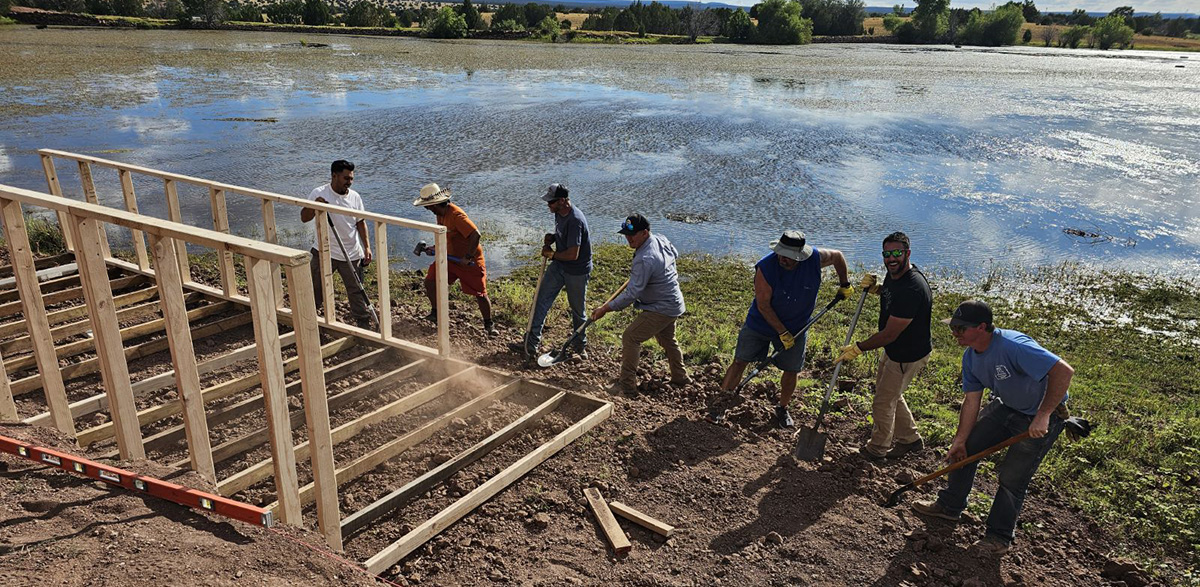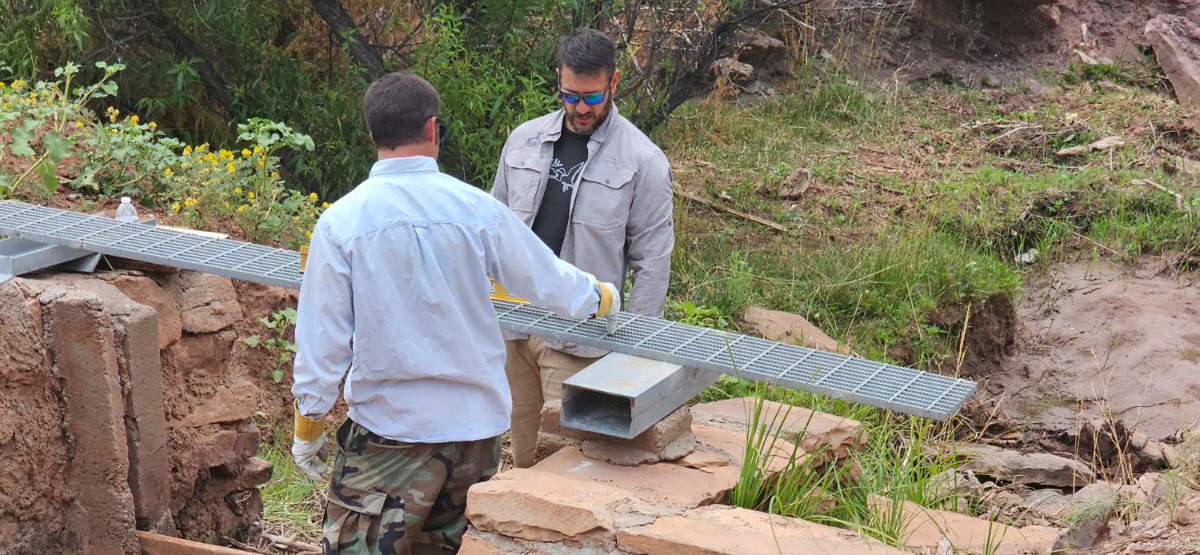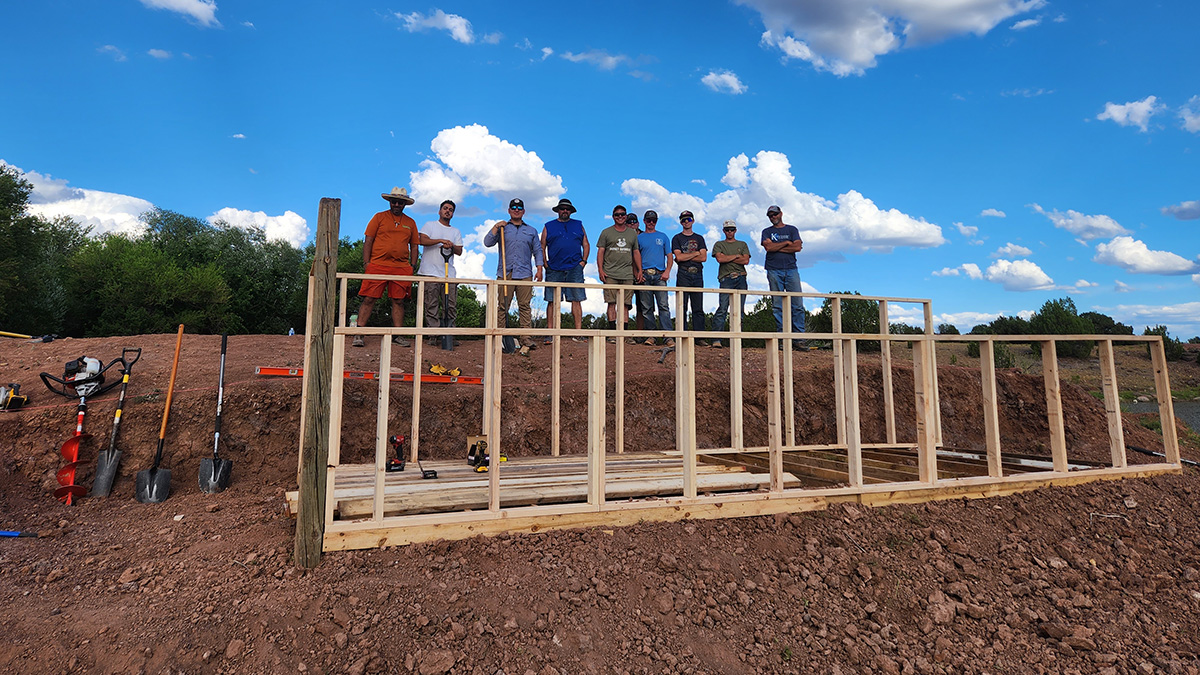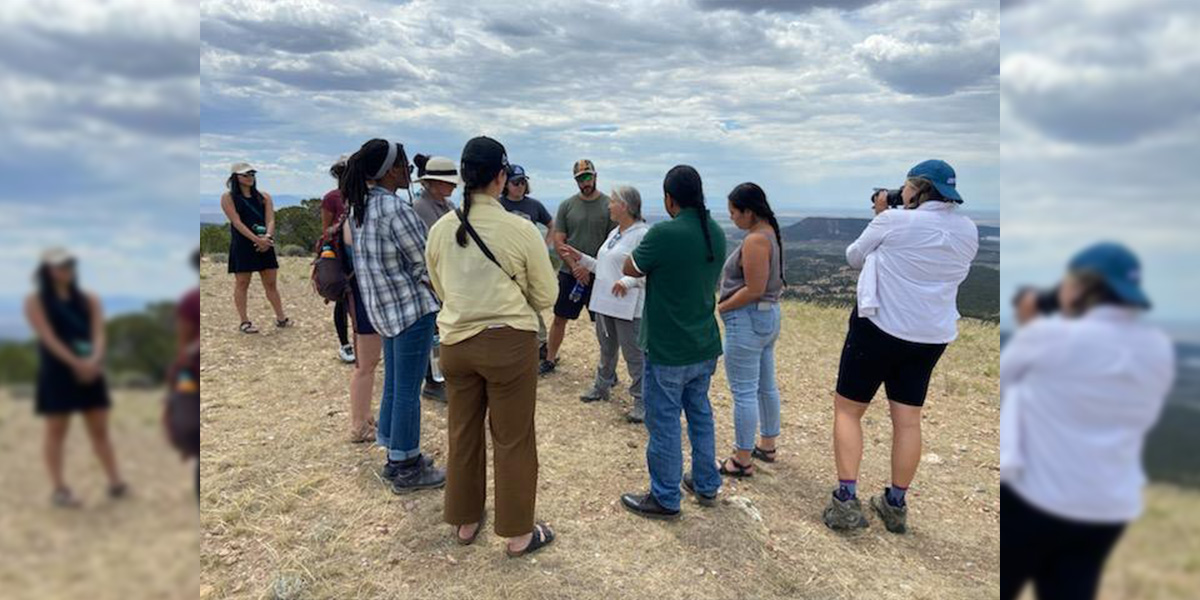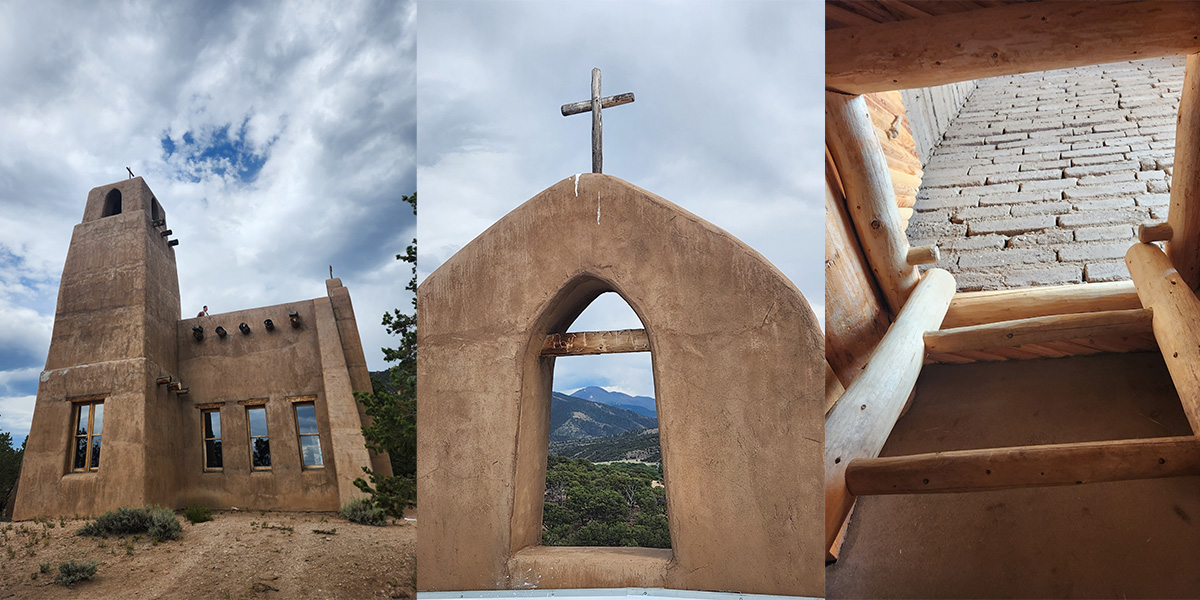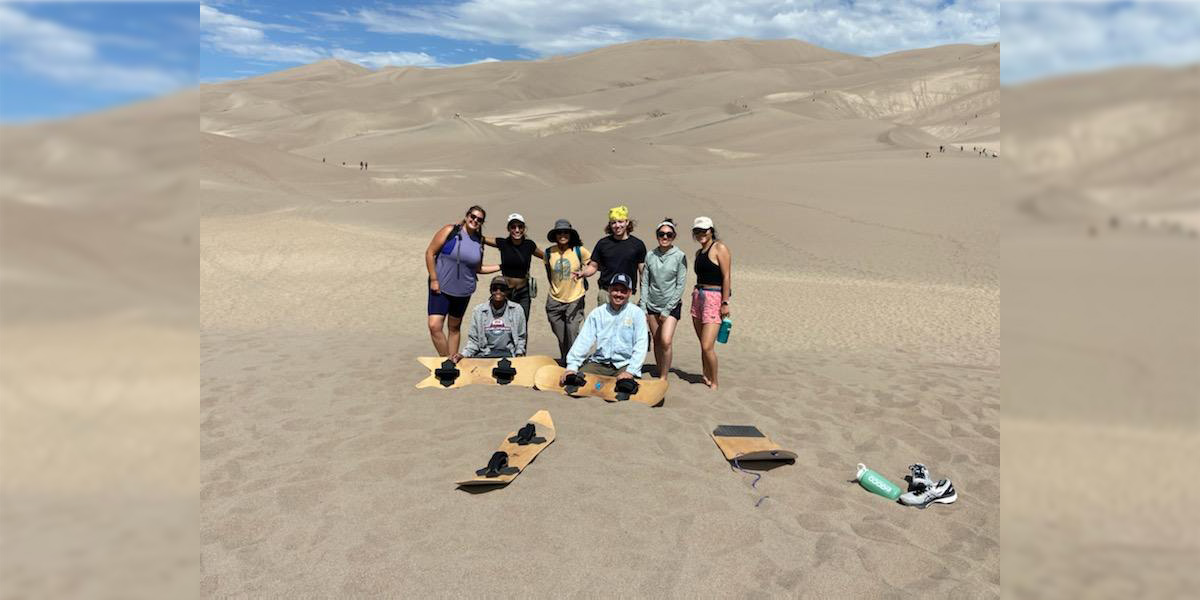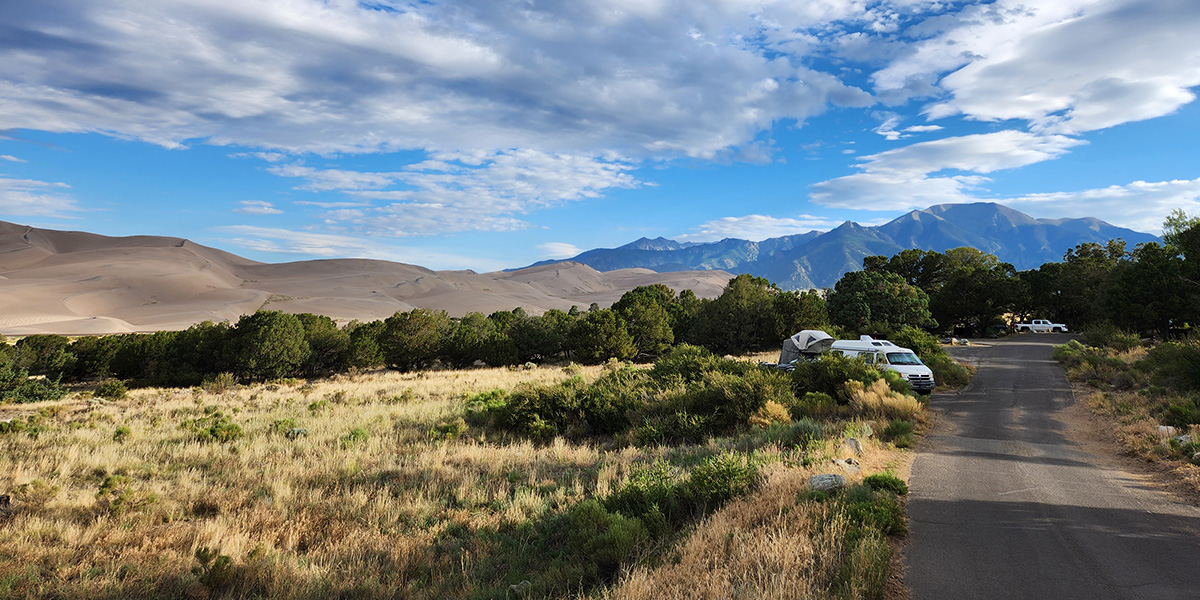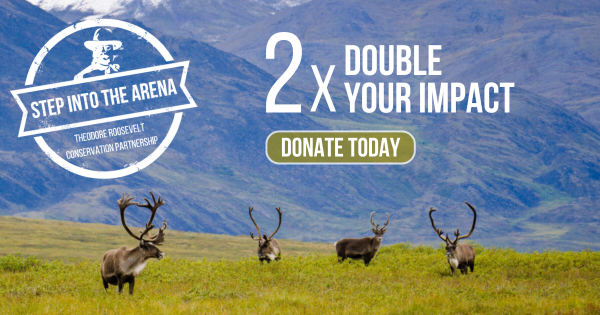TRCP’s western water policy associate reflects on a recent event and how hunting and camaraderie reaffirmed his passion to conserve Arizona’s public lands and waters
As I approach my fifth year as a resident of Arizona, I have been spending time reflecting on two influences that drive my passion for Arizona’s public lands and waters, and the plethora of hunting and angling opportunities they offer nearly year-round. After attending the 8th Annual Family Squirrel Camp, hosted by the Arizona Wildlife Federation and the Arizona Chapter of Backcountry Hunters and Anglers, my belief in the power of mentorship and tenacious commitment were further entrenched.
Last weekend, I was lucky enough to spend three days in Northern Arizona’s Coconino National Forest with my friend Jack Kelly-Willis, where we attended the 8th Annual Family Squirrel Camp. This annual event centers on offering a comfortable, approachable setting for introducing new hunters to the sport, introducing the unique small game hunting opportunities Arizona affords, and fostering a sense of public land stewardship and conservation ethos in all who attend and participate.
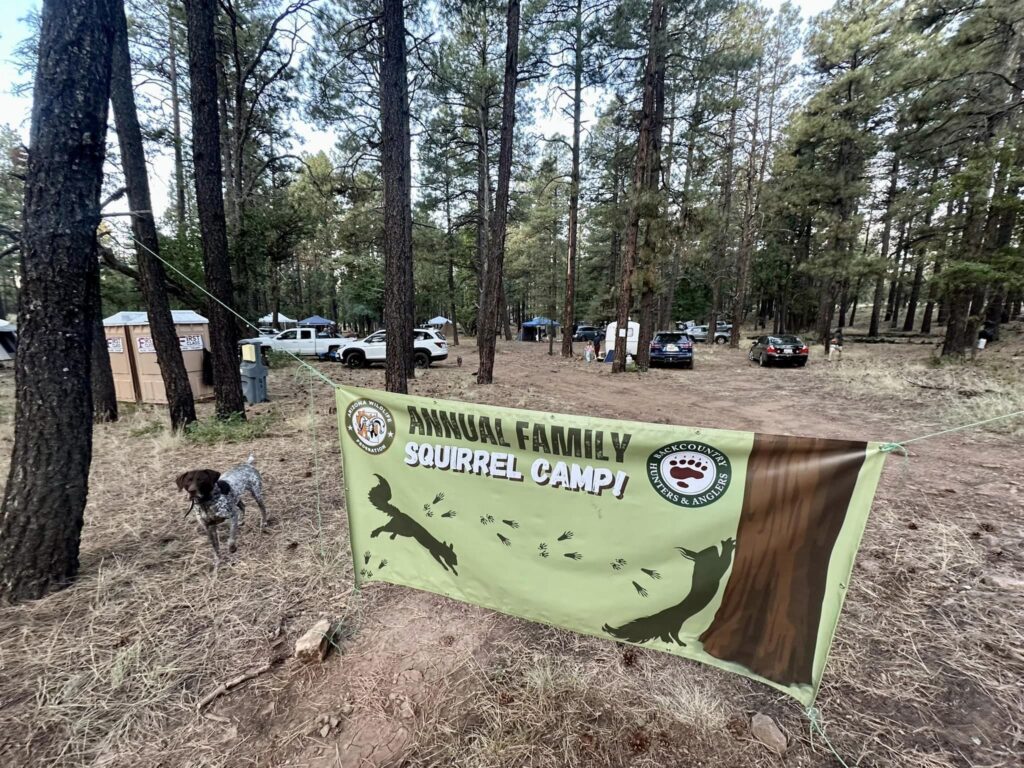
For three straight days, one would be hard pressed to find a dull moment at Squirrel Camp. First, it was immediately apparent to everyone involved that population numbers for Abert’s squirrel in Arizona were high, with many of us bagging our limit of five squirrels within the first few hours of the day. Additionally, the event coincided with band-tail pigeon season, North America’s only native pigeon species, and with many folks also hitting their daily limit of two pigeons, the phrase, “Come for the squirrel, stay for the pigeon,” was coined and repeated frequently throughout the event (by me).
The event strongly reaffirmed how important my friend Jack was in introducing me to hunting in a way that equipped me with the skills and knowledge to grow as a hunter independently. He took me on my first squirrel hunt and traded an otherwise successful quail season for one watching coveys fly far away as I fumbled with the safety on my shotgun, and he embodied saint-like compassion and patience as he helped me untangle countless nymph rigs that he helped me set up only minutes before. In that vein, it was incredibly heartening to watch experienced hunters mentor children and less experienced adults as they pursued squirrels across our tiny patch of the Coconino National Forest. Hands down, the most fulfilling and exciting experience I had during Squirrel Camp was helping a new squirrel hunter spot, tree, and shoot her first squirrel. It was a helpful reminder that I have a duty to pass along the lessons Jack imparted to me.

The education and mentoring went far beyond harvesting squirrels. There were demonstrations on how to properly process squirrels and pigeons. For those interested in saving their squirrel hides, Jack demonstrated how to properly flesh out, dry, and store squirrel hides.
Nathan Fyffe, Statewide Small Game Biologist for Arizona Game and Fish Department, gave a talk to the camp on the countless hunting opportunities that exist across the state. Arizona is home to two species of jack rabbit, one species of cottontail, five species of squirrel, three species of quail, more than twenty species of duck, three species of dove, chukar, sand-hill crane, javelina, mule and white-tail deer, elk, turkey, bear, cougar, and others that I am sure I am missing. You could say that Arizona is almost like a Western state, in terms of its hunting opportunities. But I’d say it’s even better – it’s a Southwestern state.
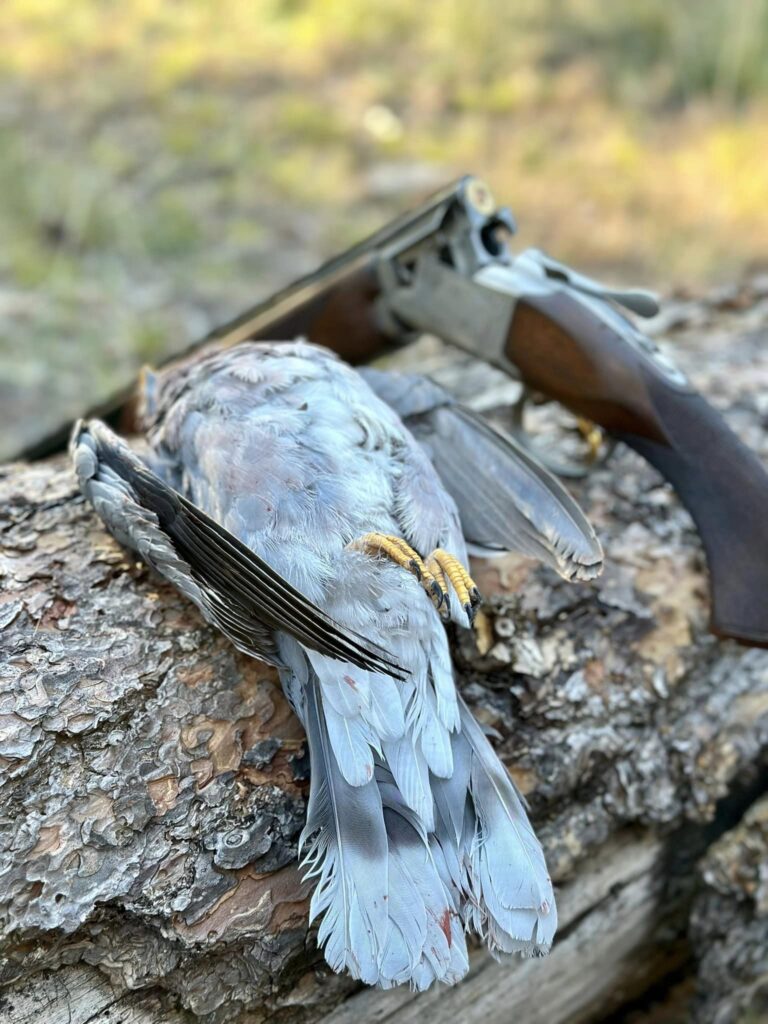
The event also showcased the contagious commitment and tenacious dedication to Arizona public lands and waters conservation and passion for hunting and fishing exemplified by Michael Cravens. Michael is the AWF’s Advocacy and Conservation Director and the Vice Chair of AZ BHA. While you might think hunting and fishing for every species Arizona has to offer while raising two kids and a juvenile hawk would leave little time for advocacy, you’d be sorely mistaken. In the past year, I have had the privilege of watching Michael defend public lands at the state capitol, serve game to state politicians in order to highlight the subsistence benefits of hunting in Arizona, and spend a whole day driving 30+ individuals around Northern Arizona to educate them on wildlife corridors, habitat connectivity, and forest management. His commitment and dedication are inspiring.
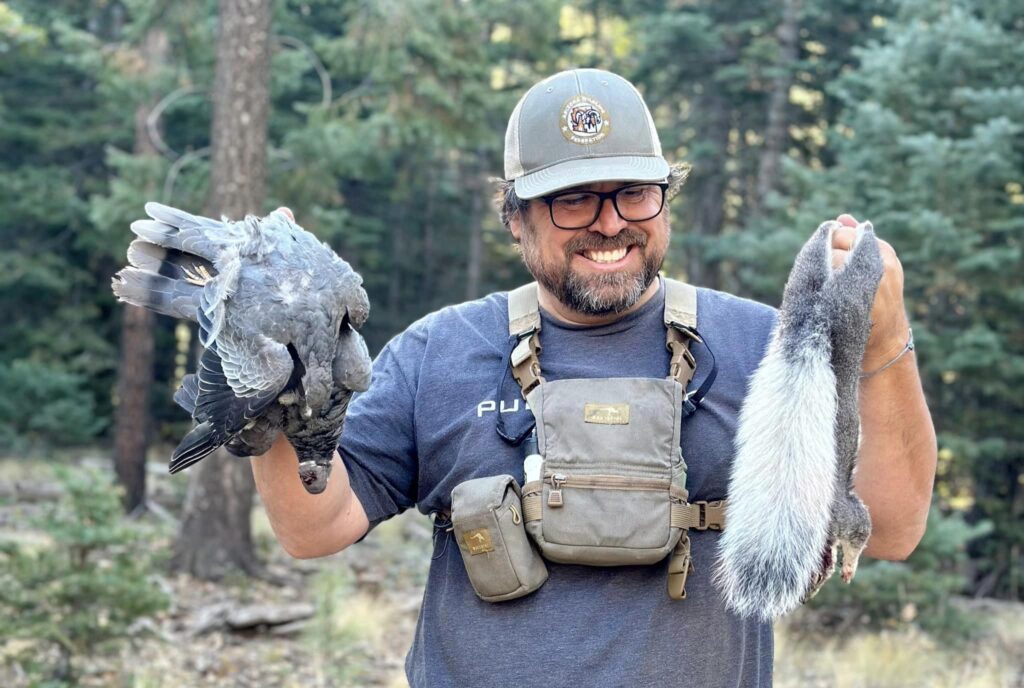
Nights were spent sharing conversations with new and old friends, eating meals consisting of locally harvested game, and listening to fireside speeches from Michael and other AWF and AZ BHA representatives. While giving a speech around a fire immediately enhances credibility in and of itself, these individuals spoke with the passion and vigor of Teddy Roosevelt himself when holding forth on the indescribable value of Arizona’s public lands and waters. They reminded all 40+ attendees of their responsibility to protect, conserve, and enjoy what belongs to them. These folks went a step further in taking the time to educate camp participants on how to proactively engage with the state legislature to advocate for Arizona’s public lands, fish, wildlife, and our sporting traditions.
I’d be hard pressed to believe a single individual walked away from this event without fully understanding that none of the joy they experienced over our three days together would be possible without our nation’s publicly accessible wild spaces. Even more, I have a feeling that participants left knowledgeable of how to make their voices heard and support efforts to safeguard our country’s public lands legacy.

As a representative of TRCP, I am proud that we are an active state partner with AWF and AZ BHA. I am proud that I get to play a role in conserving Arizona’s wild spaces, and I am grateful for the endless opportunities to hunt and fish in this state.
This event brought home the power of mentorship and tenacious commitment for me and further inspired my work to guarantee all Americans quality places to hunt and fish. As hunters, anglers, and conservationists, let’s keep reaching out, mentoring, and inspiring our kids, friends, neighbors, coworkers, and the greater community just as Jack and Michael did for me.
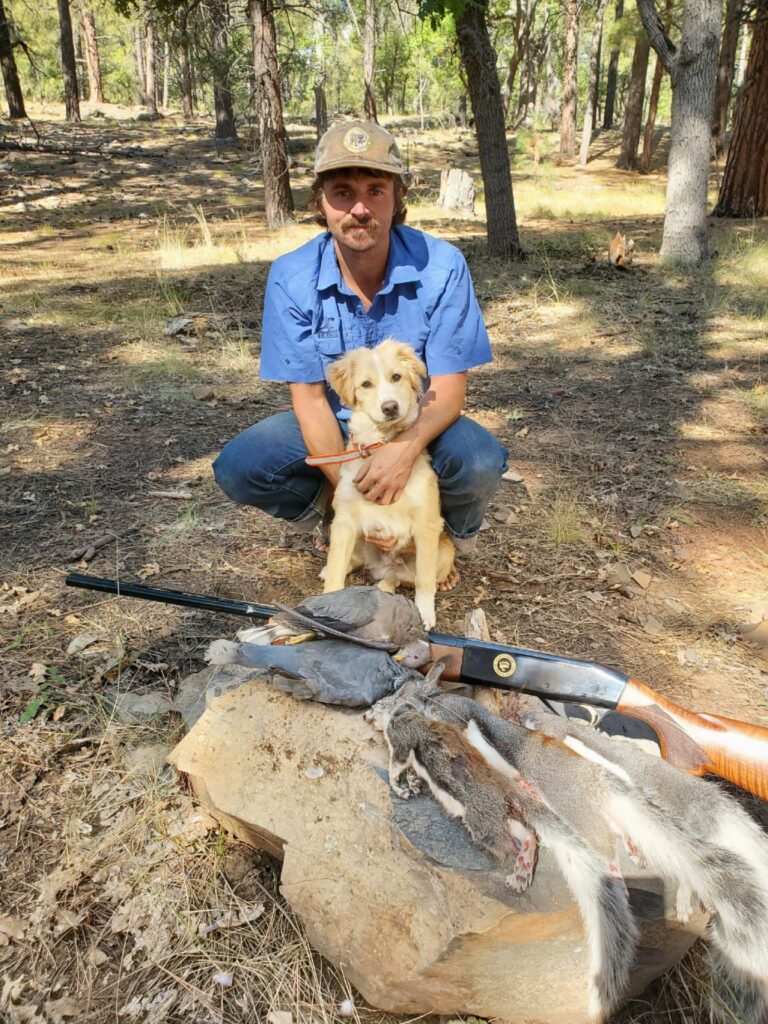
The TRCP is your resource for all things conservation. In our weekly Roosevelt Report, you’ll receive the latest news on emerging habitat threats, legislation and proposals on the move, public land access solutions we’re spearheading, and opportunities for hunters and anglers to take action. Sign up now.

